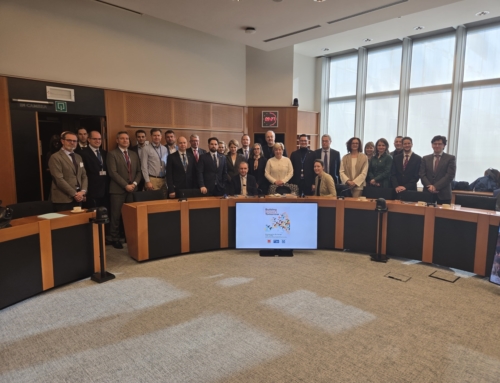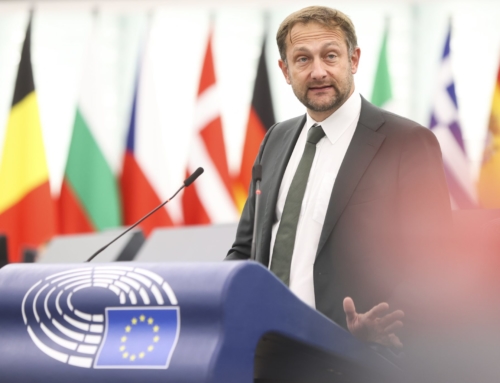Brussels, 19th June 2024
At the end of June the Belgian Presidency of the Council of the European Union will end, making way for the Hungarian Presidency. Throughout the tenure, the issue of surrogacy has been a priority for Belgium. As a participant in the Casablanca Declaration for the universal abolition of surrogacy, and having long been vocal about the issue, FAFCE has been following this priority closely.
The European Commission’s Proposed Regulation on the Cross-Border Recognition of Parenthood has been in the pipeline, but not without controversy and division, as shown in the last Justice and Home Affairs Council meeting of 14th June. After having proposed several solutions to Member States’ concerns, including the public policy exemption, the debate showed that, not only the question of surrogacy would need further technical review to reach unanimity required for this Regulation, but also that the question of the ‘applicable law’ remains. This Regulation aims for the automatic recognition of parenthood, regardless of the origin and biological links of the child, and regardless of the relationship between the parents or intended parents. It seems that even with the public policy exemption, the automatic recognition of parenthood would be automatic in all cases. Further technical discussions will follow during the Hungarian Presidency.
So, after the 14th June Council of the European Union debate, the conclusion was far from unanimous; with some countries in favour of the “public policy/order exception” solution, some against, and some expressing concerns on the applicability of this exemption and the respect of Member States competence on family law.
FAFCE Senior Policy Officer, Marta Fernández de Córdoba, said: “Mothers and children need an unequivocal unity across Europe in abolishing the use of surrogacy. It is a moral tragedy to human dignity, both for the mother and for the child who is separated from their mother. However, what this debate shows is that there is no consensus on the issue. In any case, European institutions must respect the founding principle of subsidiarity and not over-reach on issues that are competences of Member States. Parenthood and family law come under those national competences. We welcome this debate which has highlighted the importance of subsidiarity.”
Member States that expressed either opposition or concerns on the cross-border recognition of parenthood and the imposition of surrogacy included:
Sweden
Italy
Slovakia
Romania
Bulgaria
Croatia
Estonia
Greece
Finland
Hungary
FAFCE has long been a voice against surrogacy, as an industry in countries like Ukraine, but also as a violation of human dignity as expressed in our resolution from 2016.
FAFCE is part of the Casablanca Declaration campaign for the universal abolition of surrogacy. The Federation has welcomed moves towards including surrogacy as a form of human trafficking in a relevant EU directive.







